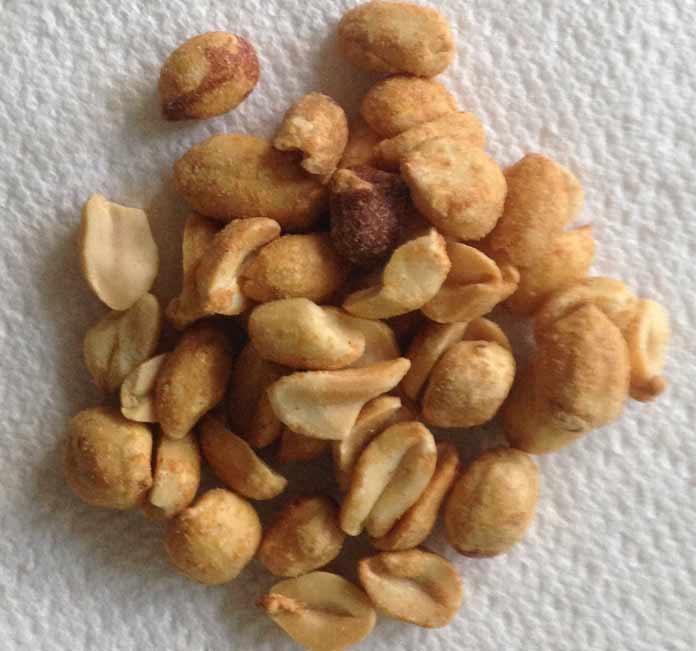Please note that this article discusses a recent study, and it is not medical advice. You should discuss this with your pediatrician before implementing anything discussed below.
A recent study published on June 10 in Journal of Allergy and Clinical Immunology has confirmed that consumption by infants of peanut protein in the hope of averting the development of full-fledged peanut allergies does not inhibit continued breastfeeding or stunt these children’s growth.
The project, funded by the National Institute of Allergy and Infectious Diseases (NIAID) – a division of the National Institutes of Health – arose as a supplemental study to a larger clinical trial, Learning Early About Peanut Allergy (LEAP). Published in 2015, this momentous clinical trial, performed by NIAID-funded Immune Tolerance Network researchers at King’s College London,
“… showed that introducing peanut products into the diets of infants deemed at high risk for peanut allergy led to an 81 percent relative reduction in subsequent development of the allergy compared to avoiding peanut altogether.” (1).
NIAID Director Anthony S. Fauci, M.D. notes:
“The striking finding that early inclusion of peanut products in the diet reduces later development of allergy already is beginning to transform how clinicians approach peanut allergy prevention … The new results provide reassurance that early-life peanut consumption has no negative effect on children’s growth and nutrition.” (1).
Food Labeling
Because of the danger of life-threatening anaphylactic (anaphylaxis) shock posed by peanut and other major food allergens to susceptible individuals, food manufacturers and distributors have, since the 2004 Food Allergen Labeling and Consumer Protection Act (FALCPA), been required to label any ingredients that are major food allergens.
When they fail to do this and allergic people – often children – consume their products, fatal allergic reactions are often the result. According to the Food and Drug Administration, “2 percent of adults and about 5 percent of infants and young children in the U.S. suffer from food allergies. Approximately 30,000 consumers require emergency room treatment and 150 Americans die each year because of allergic reactions to food.” (2)
Further research, like the two aforementioned NIH-funded studies, may one day enable clinicians to proactively prevent food allergies. However, even after these emerging treatments are standardized, food manufacturers and distributors will have the legal responsibility to produce and label their products safely and accurately.
Sources:
- News release. “Peanut allergy prevention strategy is nutritionally safe, NIH-funded study shows.” National Institutes of Health. Web. 10 Jun. 2016.
- FDA news release. “FDA to Require Food Manufacturers to List Food Allergens.” U.S. Food and Drug Administration. Web. 20 Dec. 2005.
